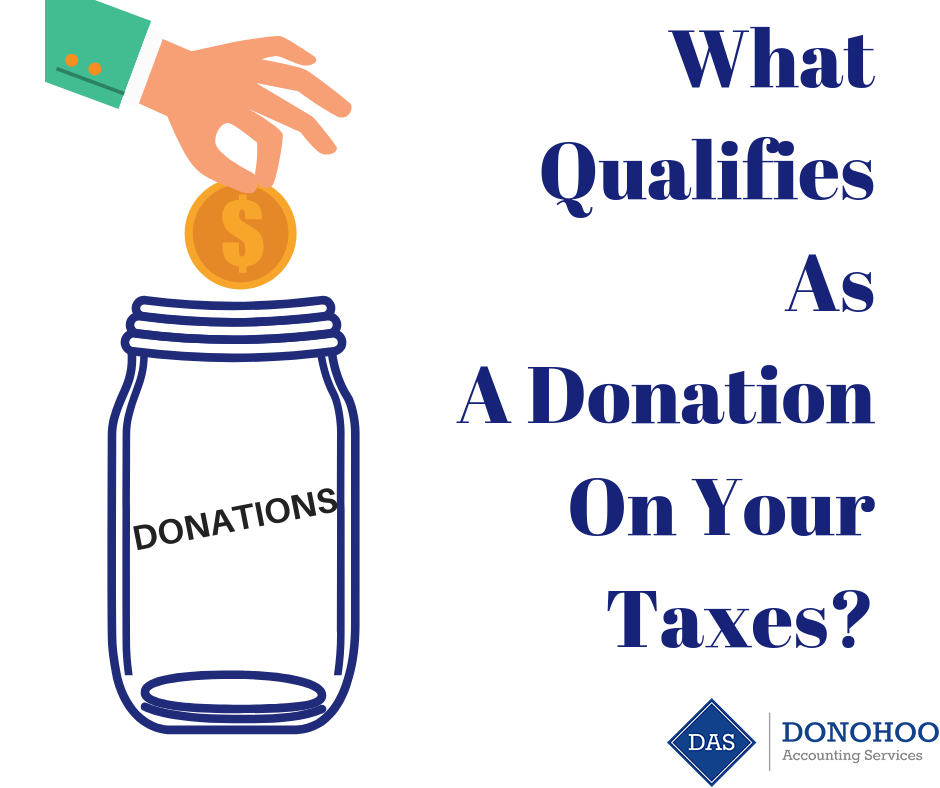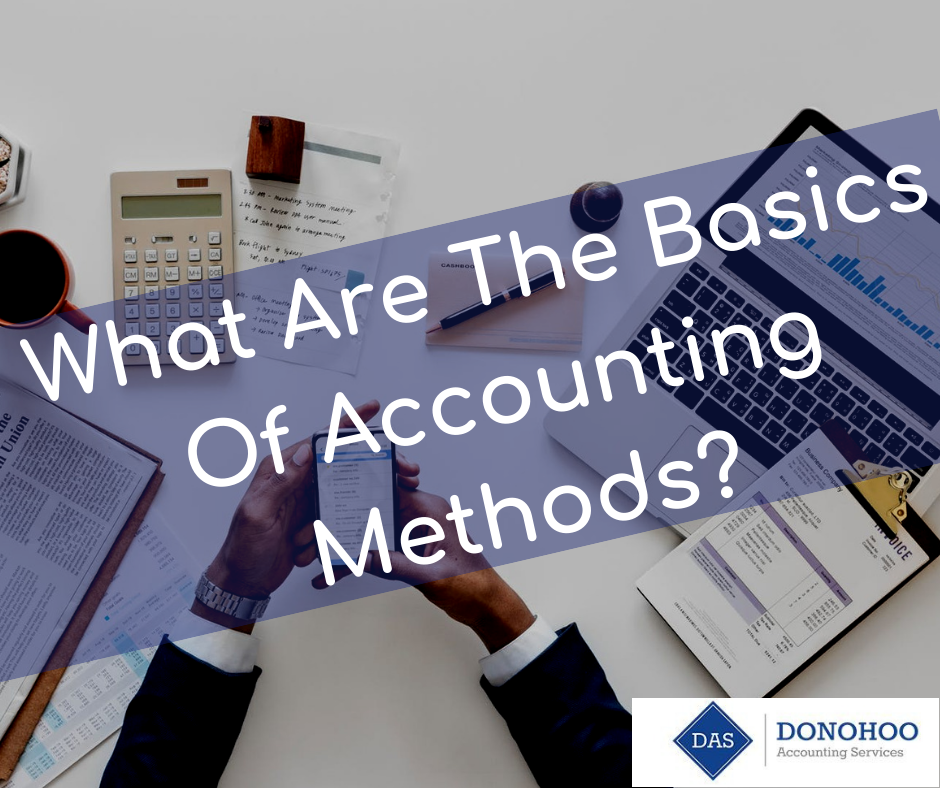2021 Tax Changes For Personal Filing
Before you know it, tax season will be here, and unless you’re an accountant or working for the IRS, you’re probably not too excited to look at W2s. As it goes, personal taxes will be a little bit different than it has been in previous years. 2022 brings with it new rules and changes that may take you by surprise if you’re not prepared early in the season. What specific new tax changes should you watch out for before you send in your return?
The Expanded Child Tax Credit
Was your family eligible for the expanded child tax credit? The American Rescue Plan boosted the credit to $3,000 for families with children 17 years of age or younger. In addition, an extra $600 was made available for children under 6 years of age to help families struggling during the pandemic.
While millions of Americans received advanced credits, some filers ended up earning more than expected in 2021 and may need to pay some of the credit back. How do you know if you may need to pay back some (if not all) of the credit?
Recipients can also easily check their advanced payments on the IRS website and determine whether they qualified for the payments received.
Health Insurance Premiums
In March 2021, Congress increased health insurance premium subsidies, capping premiums at 8.5 percent of household income, helping millions of Americans save money on their monthly premiums.
Did you get a raise or a new job in 2021, meaning an increase in wages? If so, your subsidies may not have been appropriately reflected throughout the year. What does this mean?
Similar to the child tax credit, 2022 filers may owe money back. Take time now to get an estimate of how much money you may need to set aside come tax season to offset these subsidies.
Required Minimum Distributions
In 2020, the CARES Act waived required minimum distributions, meaning that retirement plan participants, IRA owners (including beneficiaries) did not have to take RMDS from their IRAs.
The waiver has since ended, as did the RMD age, which changed to 72 from 70.5 years of age. If you’re unsure of the rules, deadlines, and requirements, visit the IRS’s site, check by plan, and learn about potential penalties.
Donohoo Can Handle Your Taxes
We realize these changing tax rules are hard to follow and stay on top of year after year. Donohoo Accounting Services is here to help make tax season easy for you while also helping you find every tax deduction you are entitled to.
When it comes time to file your 2021 taxes, you don’t have to do it on your own. We have been filing tax returns for individuals in the Greater Cincinnati area and beyond for more than 20 years, and our team is well versed in tax laws and rules, saving you time and money. Contact us today to schedule your free consultation! For more tips and our latest updates, check us out on Facebook, Twitter or LinkedIn!















